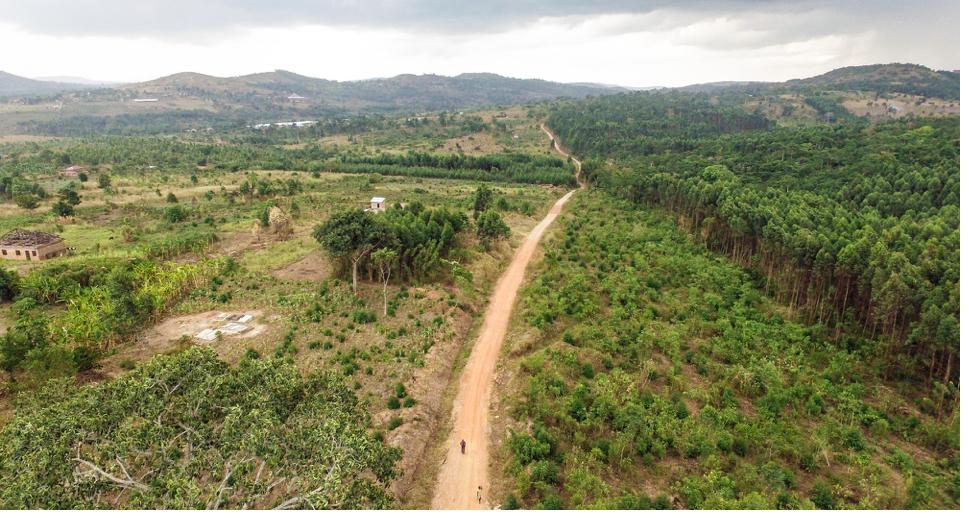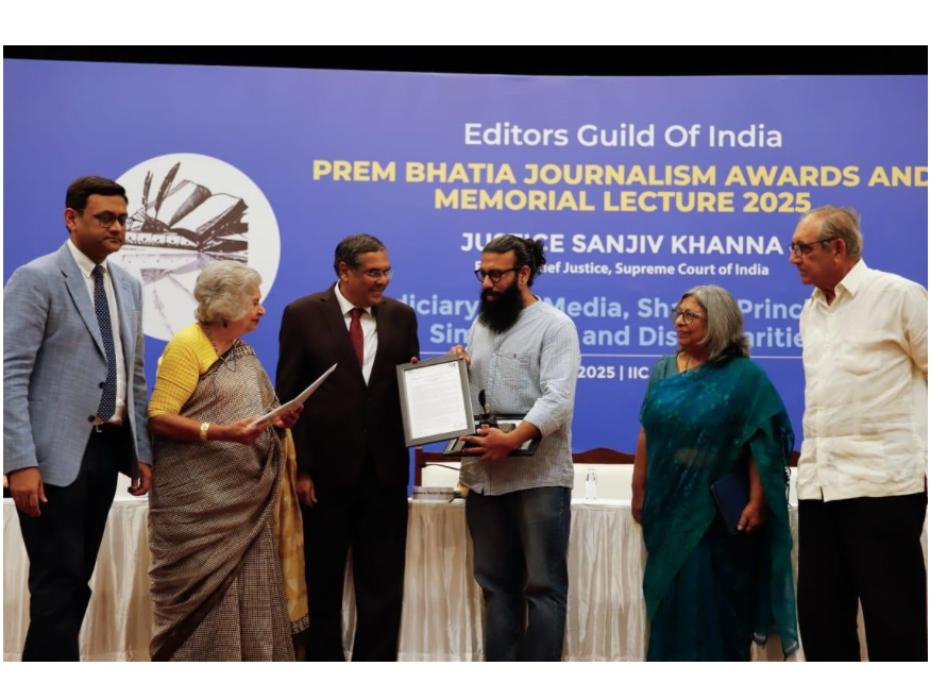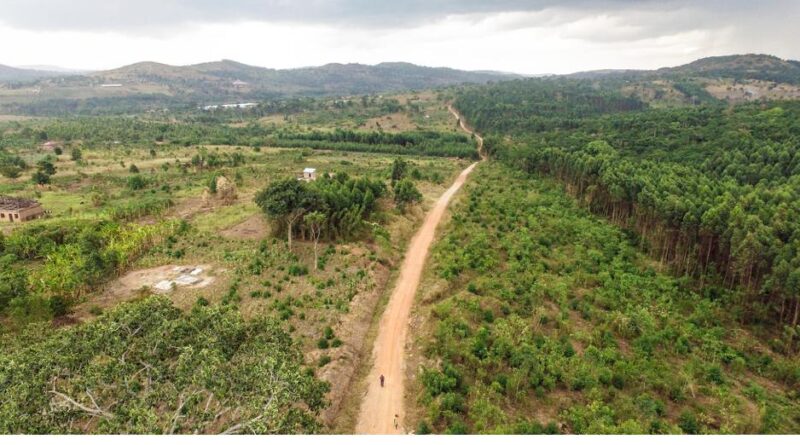Environmental Journalism that Inspires Accountability
Across different regions of the world, stories supported by the Earth Journalism Network (EJN) continue to demonstrate the powerful role of journalism in protecting the planet. From coal mines in India to tropical forests in Uganda and groundwater challenges in South Asia, reporters are proving that well-researched storytelling can mobilize communities, hold leaders accountable, and inspire urgent action on environmental issues.

One of the most striking examples comes from Uganda, where investigative journalist Culton Scovia produced a groundbreaking television report on illegal logging in Buikwe district. Her work revealed widespread deforestation and timber trafficking, as well as the involvement of the National Forest Authority. The story not only captured national attention but also triggered an official investigation, while empowering local communities to stand up for the preservation of their culturally and ecologically important forest. In a country where natural resources are under constant pressure, this investigation is a reminder that environmental journalism can serve as a powerful watchdog for accountability.
Meanwhile, in Odisha, India, EJN-supported photographer Jennifer Kishan documented the devastating impacts of coal mining on landscapes and communities. Her photo essay is now being showcased at the Musée-Mine Départemental in France, bringing these realities to an international audience. This exhibition reflects how local stories, when given a platform, can resonate globally and spark cross-border conversations about sustainability and justice.
EJN’s commitment to nurturing new talent is also visible through its Earth Shorts Fellowship, which has welcomed 20 journalists and content creators from South and Southeast Asia. This diverse group will participate in workshops and mentoring sessions, learning how to create engaging biodiversity content for social media platforms. Through peer-to-peer collaboration, they will not only expand their skills but also explore fresh ways to communicate urgent environmental challenges to wider audiences.
Across Asia and Africa, EJN is scaling its impact by awarding 50 new story grants. Forty-two journalists in Nepal will report on the country’s green growth initiatives, while eight African reporters will focus on the conservation of great apes, some of the most endangered species on the planet. These grants not only support local voices but also encourage diverse storytelling approaches, ensuring that complex issues like climate change, energy transition, and biodiversity loss are covered from multiple perspectives.
In India, attention is turning to renewable energy. A recent workshop in Lucknow trained 17 communicators on critical aspects of the country’s rapid energy transition. In addition, seven new video fellows were selected to produce stories that highlight both the opportunities and challenges of moving toward a cleaner energy future. These efforts are crucial, given India’s position as one of the fastest-growing energy markets in the world.
Other collaborative projects also underscore EJN’s regional impact. A partnership with Thibi produced a data-driven investigation into India’s groundwater crisis, shedding light on an urgent yet underreported issue. In the Philippines, GMA Integrated News completed its Climate+ project, bringing climate reporting into mainstream media. And in Vietnam, more than 30 journalists were trained to strengthen coverage of the country’s decarbonization pathways.
Beyond the tangible stories of deforestation or energy, EJN is also exploring the often-overlooked dimension of Non-Economic Loss and Damage caused by climate change. In June, a workshop in Visakhapatnam, India, brought together 16 communicators to discuss the cultural, social, and ecological losses faced by coastal communities—losses that are not easily measured in monetary terms but remain deeply significant for people’s identity, traditions, and wellbeing.
Finally, EJN continues to foster dialogue and learning opportunities. Journalists across the globe are invited to join its WhatsApp group or network platform, where the next “Ask Me Anything” session will focus on covering extreme heat. With rising temperatures posing serious health risks, this discussion promises to equip reporters with insights from seasoned journalists and health experts on how to effectively report on one of the most pressing climate issues of our time.
From Uganda to India, Nepal to Vietnam, the stories highlighted in this month’s updates illustrate the growing importance of collaborative, well-supported environmental journalism. At a time when climate change and biodiversity loss threaten communities everywhere, the courage and dedication of reporters to uncover the truth and give a voice to the vulnerable remain essential. Their impact proves that good journalism is not only about informing—it is also about transforming societies and safeguarding the future.

By:Florence Uwamaliya
![]()




